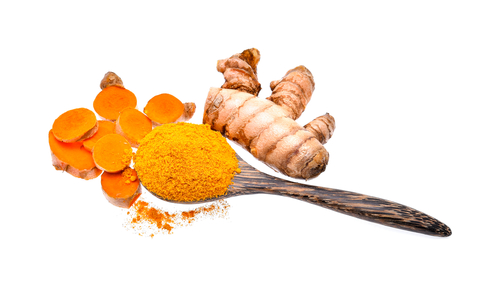A natural compound derived from turmeric, a plant from the ginger family, has the ability to destroy tumors — at least in mice — concludes a recent Italian study on mesothelioma.
Researchers have shown that the compound, called curcumin, blocks the capacity of cancer cells to proliferate and induces their death, reducing tumor growth and increasing survival in mesothelioma mice models.
The study, titled “Curcumin blocks autophagy and activates apoptosis of malignant mesothelioma cell lines and increases the survival of mice intraperitoneally transplanted with a malignant mesothelioma cell line,” was published in Oncotarget.
Asians have long used spices to treat diseases like cancer, thanks to their antioxidant, anti-inflammatory and immunomodulatory effects. Many preclinical studies have confirmed such effects, and Western medicine is starting to adopt some of this knowledge to develop new therapeutic strategies.
Previous studies have shown that curcumin could have anti-cancer effects via modulation of different molecular pathways. Clinical trials to test its safety and efficacy against different cancer types showed promising results as a chemopreventive agent or as adjuvant therapy with conventional chemotherapy. Its therapeutic effects are not restricted to cancer; curcumin is also effective in fighting inflammatory diseases, skin diseases, diabetes and autoimmune diseases.
Researchers sought to test the effect of curcumin in mesothelioma cells. They found that curcumin blocked the cell’s ability to proliferate and survive, in a process that caused DNA damage and increased production of reactive toxic compounds. These extensive cellular alterations, together with the activation death signaling pathways, killed the cells.
The researchers also tested the efficacy of curcumin against mesothelioma in animal models. They injected mesothelioma cells, along with a solution of curcumin, in the abdominal cavity of mice, and assessed tumor growth by measuring the waist of each mouse every week. Researchers found that the treatment inhibited tumor growth, allowing the animals to survive longer than placebo-treated mice.
Despite these promising results, however, the authors stressed that curcumin’s therapeutic efficacy is questionable due to its fast degradation, low solubility in water and low distribution in the body. However, they suggest that direct administration of curcumin into the tumor could help avoid these issues and reduce some potential side effects.
“The possibility of using CUR [curcumin], analogs of CUR or formulations of CUR with slower release of the compound at the tumor site could improve the delivery of the compound,” the researchers wrote.


